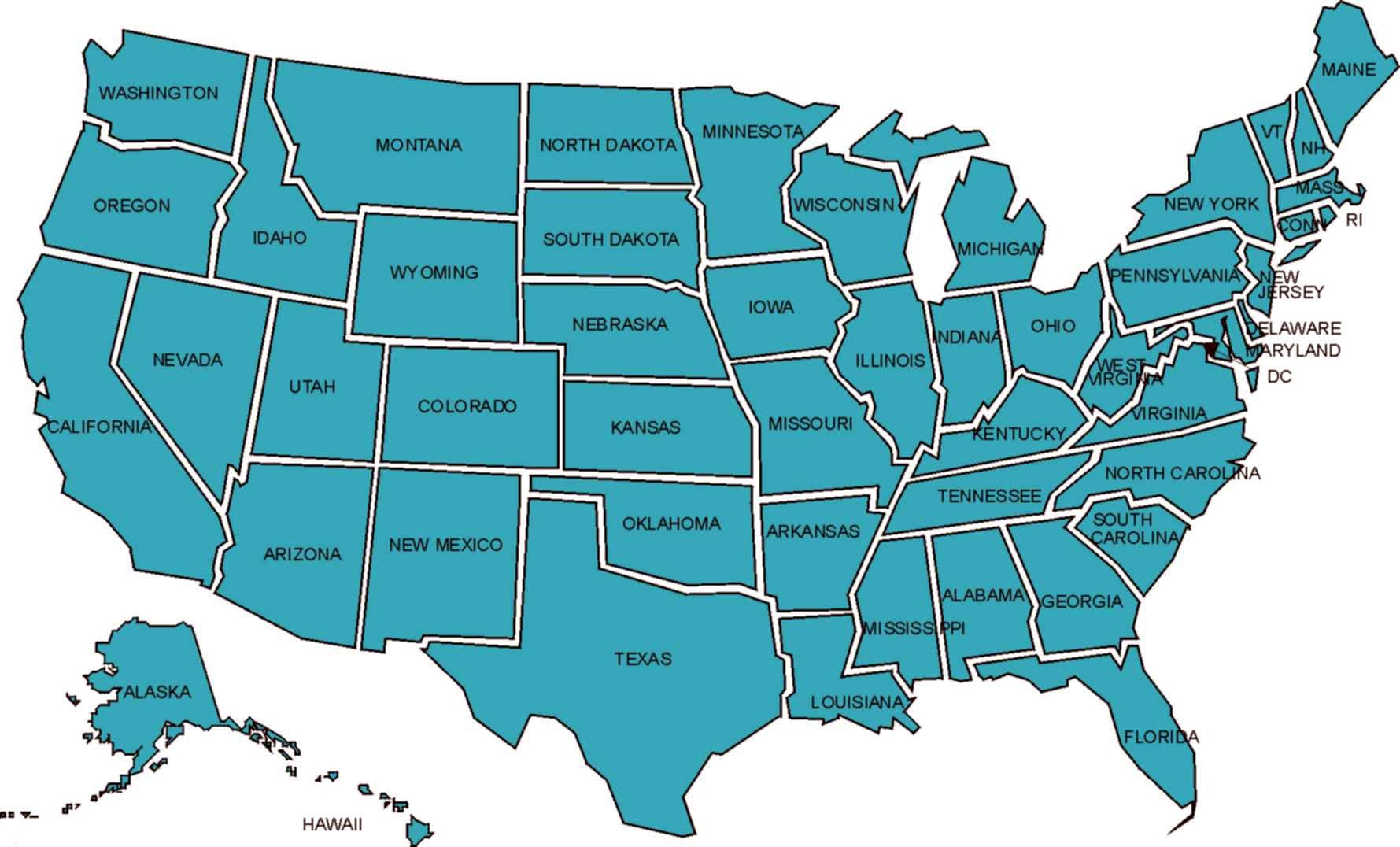Key points
- Insurance coverage policies are a critical element of sustaining DSMES. However, it can be challenging to understand and apply coverage.
- Learn more about state requirements, federally qualified health centers, and standards for reimbursement.

DSMES health insurance coverage by state
See this map of DSMES coverage by state to learn which states have laws that require coverage for both private insurance plans and Medicaid. You can also find information on:
- Legal requirements for when DSMES is covered.
- What specific activities are covered.
- Standards that DSMES must meet.
Note: The terms DSMES and DSMT (diabetes self-management training) are often used interchangeably. The Centers for Medicare & Medicaid Services (CMS) requires the use of DSMT in reimbursement documentation.
Federally qualified health centers
Federally qualified health centers (FQHCs) are providers that offer outpatient services. FQHCs include:
- Community health centers.
- Migrant health centers.
- Health care for the homeless centers.
- Public housing primary care centers.
Below are resources specific to billing and reimbursing DSMES services in FQHCs:
- Geographic Adjustment Factors for FQHC: There is one national, unadjusted, "base" prospective payment system (PPS) rate for the FQHC-approved qualifying visit codes for all FQHCs. The rate is $187.19 (based on data as of June 2022). CMS updates this rate annually to reflect inflation and adjusts for each FQHC based on the facility's location (referred to as the "geographical adjustment factor" or GAF).
